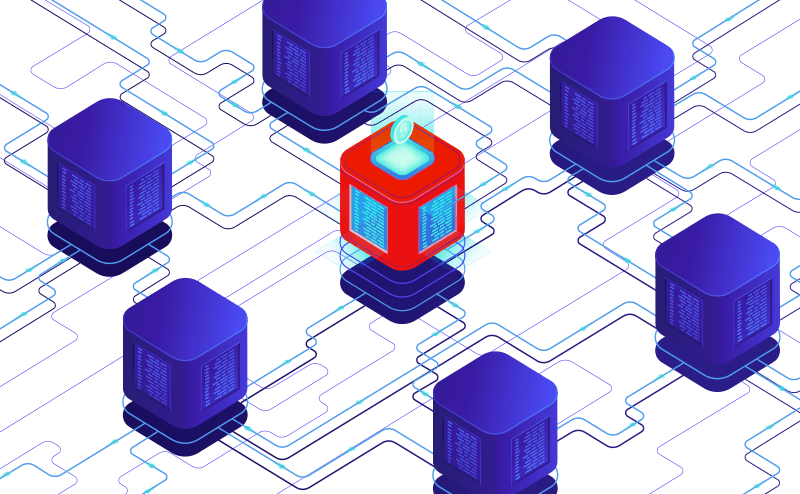


The internet is our highway to all information but it’s not what it was envisioned to be. Central authorities exercise unprecedented control over information circulating on the internet. Governments easily censor from their citizens any information or application they want. A countable few technology giants such as Facebook, Google, and Amazon probably know more about our internet activity than we ourselves do. Using their complex terms and conditions these companies gain access to almost all our personal data and information.
The only way to set our data free from the control of centralised entities is through a decentralised web and a decentralised storage system. It will remove all third party centralised organisations and internet operators from the picture and we would be able to communicate, share, and store data using a peer-to-peer infrastructure.
Advantages of decentralised storage
Better Privacy
When we use centralised cloud storage, we may like to believe that it is we who control our data. But it cannot be further from the truth. When we host our data on a company’s cloud, we give the organisation open access to our data.
On the contrary, using decentralised storage means that we store our data across systems of hundreds of individuals or groups—nodes—spread throughout the globe. These nodes cannot tamper with our data because to do so, they would need to convince the majority of nodes to for the same, which is next to impossible as nodes stay anonymous to each other. Besides, these nodes are awarded for their genuine efforts to keep the network’s legitimacy intact.
Increased security
In the past 10 years, we have lost 38 billion records to hacks and cyber thefts.
The one thing common in all these thefts was that the companies had their data stored on a central server. It is like carrying a target on your back in broad daylight.
In case of a decentralised storage server, there will be no central point which hackers could target and attack to gain access to user data.
Low storage costs
A decentralised storage system gets its storage space from millions of nodes that support the storage network. This creates an abundance of space, resulting in relatively lower storage costs compared to centralised storage systems.
Advantages of decentralised applications
Free of intervention
The best example of how centralised applications record and assess our activity is seen on Facebook. Similarly, other applications use people’s data for their benefit. A decentralised application is free of any such intervention from the creators of the application.
Open-source
In a centralised application, all changes are decided by the head members of the organisation, with or without the consent of the community. In a DApp, however, all nodes of the network are responsible to keep a record of all transactions and activities. And for any changes to be made to the application, a majority of these nodes must reach a consensus.
Immutable and highly secure
Based on a decentralised server, DApps are immutable as they store cryptographically encrypted data that is stored in various parts across the whole network of nodes. No one can potentially gather all parts of any particular information to make sense out of it. This renders extreme immutability and security to all the users.
Closing thoughts
When put in contrast with centralised storage servers and centralised applications, those based on a decentralised infrastructure are better and more secure by all means. Once we are able to tackle certain drawbacks such as low scalability of these systems, we can easily push them for wider adoption.
-->

Leave a Reply